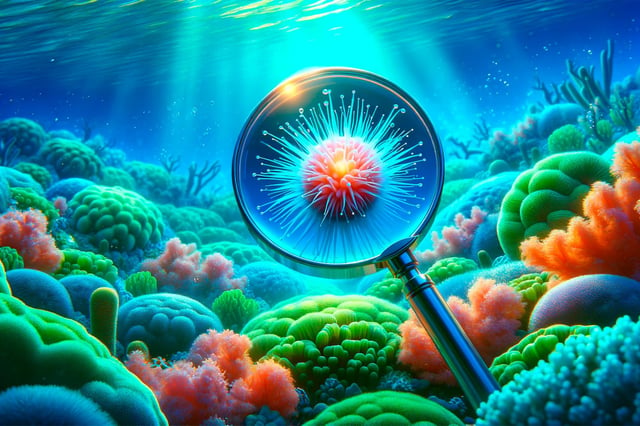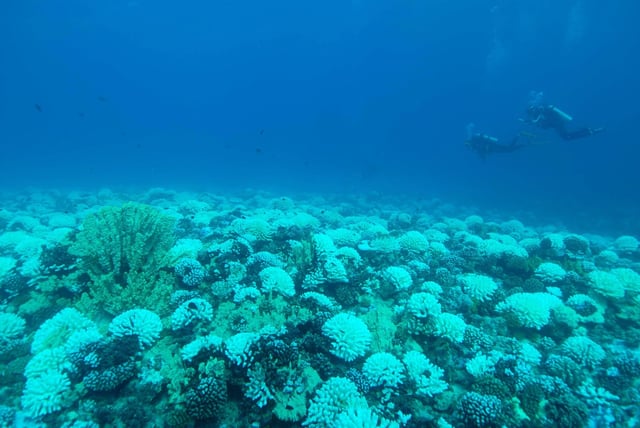Overview
- Coral bleaching leads to the release of compounds that promote harmful bacterial growth, potentially exacerbating stress on reefs.
- The release of unique organic compounds during bleaching events selects for opportunistic bacteria, which may harm corals through suffocation or disease.
- A shift in the compounds released by corals occurs throughout the bleaching process, suggesting a continuous impact from the onset of thermal stress to recovery.
- Researchers are identifying compounds and microbes that could serve as early-warning systems for reef stress, aiding conservation efforts.
- A newly discovered single-celled microbe aids coral survival during ocean-warming events, highlighting the role of specific protists in the coral microbiome.

